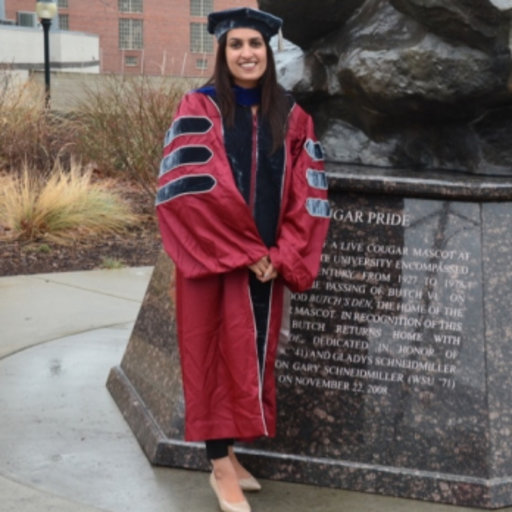Project At CAS-AFS
NCGE- NATIONAL CENTER FOR GENOME EDITING
Description And Scope Of ProjectGENE EDITING OF BIOLOGICAL AGENTS FOR NUTRITIONAL, BIOCHEMICALS AND THERAPEUTIC PURPOSES was approved by the DDWP in its meeting held on Dec 10, 2020 at a total cost of Rs. 1799.598 Million with gestation period of 36 months. The Admin. Approval of the project was issued on April 26, 2021. The Pakistan Council of Scientific & Industrial Research (PCSIR) is the lead executing agency with the fund allocation of 1299.64 Million. Whereas, the University of Agriculture Faisalabad (UAF) is co executing agency with a share of Rs. 500.960 Million for execution of its component i.e. National Center for Genome Editing for Crop Improvement and Human Health (NCGE).
Based on engineered or bacterial nucleases, the development of genome editing technologies has opened up the possibility of directly targeting and modifying genomic sequences in almost all eukaryotic cells. Genome editing has extended our ability to elucidate the constribution of genetics to disease by promoting the creation of more accourate cellular and aninal models of pathological processes and has begam to show extraordinary potential in a variety of fields, ranging from basic research to applied biotechnology and biomedical research. Recent prograss in developing programmable nucleases, such as zinc-finger nucleases (NFNs), transcription activator-like effector nucleases(TALENs) and clustered regularly interspaced short palindromic repeat (CRISPR)-Cas-associated nucleases, has greatly expedited the progress of gene editing from concept to practice.
Current research on genome editing primarily concentrated on viral infections, cardiovascular diseases (CVDs), metabolic disorders, primary defects of the immune system, hemophilia, muscular dystrophy, and development of T cell-based anticancer immunotherapies. Some of these methods have gone beyound preclinical research and are recently undergoing phase 1/2 clinical trials.
Vision Statement
Gene editing is a new initiative within the bigger biotechnology domain and will provide the much needed indigenous capability to support the public sector and industrial upstream and downstream initiatives. The concept of this new initiative has been approved for inclusion in PSDP 2021-22 The internal feasibility has been prepared and made part of this PC-1.
Project Objectives
-
Establish an advanced gene editing facility at PCSIR along with associated equipment and systems that could be used for a wide range of purposes such as nutritional and therapeutic purposes, leading to indigenous commercial/industrial manufacturing.
-
Develop indigenous streain development genetic engineering capability in terms of R&D, design, development and subsequent commercial production of biofoods, biochemicals,biopharmaceuticals, biofertilizers, biopesticides, etc. including biomolecules of industrial importance including vitamins,omerga 3, Biothanol, bio-butanol, industrial enzymes, single cell proteins,poultry feed additives.
-
Develop testing facilities for the quality assurance of developed bio-products and thereafter their subsequent commercialization.
-
Leveraging existing commerical activities, this endeavour could provide new vistas of biotechnology related businesses for the country, thus moving towards knowledge-based economic growth.
-
Build capacity by conducting trainings, workshops, seminars and research capability in advanced techniques of gene editing. Thus, poviding technical services by utilizing indigenous resources and saving precious foreign exchange in future.
Project Team

Project Manager

Principal Investigator

Principal Investigator

Principal Investigator

Principal Investigator
Co-Principal Investigators
- Dr. Muhammad Salman Waqas (Human Health)
- Dr. Muhammad Amir Aslam (Human Health)
- Dr. Aimen Shamim (Human Health)
- Dr. Asif Saeed (Vegatable And Soybean)
- Dr. Shaukat Ali (Vegatable And Soybean)(NIGAB,NARC)
- Dr. Samar Abbas Naqvi (Fruits And Trees)
- Dr. Rana Muhammad Atif (Fruits And Trees)
- Dr. Zunaira Afzal (Fruits And Trees)
- Dr. Zulqurnain Khan (MNSUA) (Crops)
- Dr. Aftab Ahmad (Crops)
- Dr. Ahsan Khan (Crops)
- Dr. Muhammad Monem Khan (Crops)
Other Projects
- NCBCView Detail
- NCRAView Detail